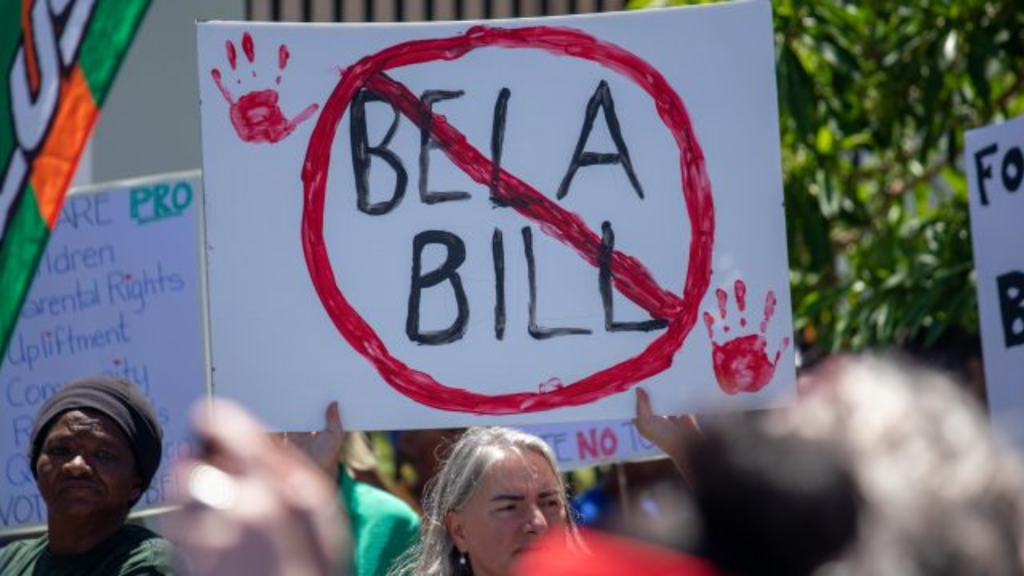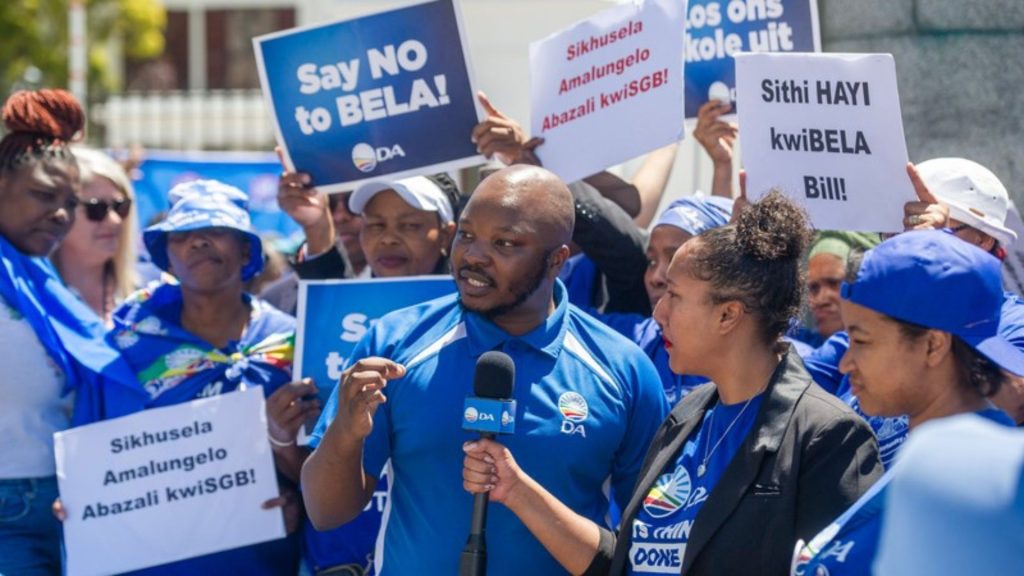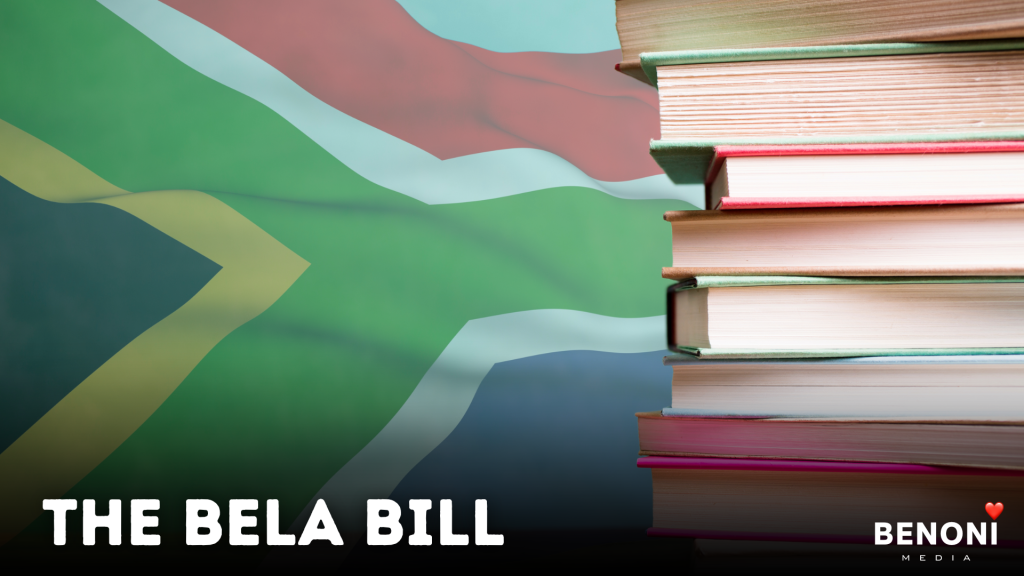After years of extensive debate, amendments, and modifications, the Basic Education Laws Amendment (BELA) Bill has been approved by the National Assembly, edging closer to becoming law. Here’s a breakdown of what the BELA Bill entails and its implications for the education sector.
Parliamentary Approval
The BELA Bill’s journey through Parliament has been lengthy and contentious. The final vote in the National Assembly saw 223 MPs in favour and 78 against, with no abstentions.
Key Amendments in the BELA Bill
The primary goal of the BELA Bill is to amend the South African Schools Act and the Employment of Educators Act, aligning them with contemporary education needs and addressing longstanding issues in infrastructure, administration, and misconduct.
Grade R Compulsory
One of the significant changes is making Grade R compulsory. Parents who fail to enrol their children in Grade R will face formal penalties, a move aimed at standardising early childhood education.

Corporal Punishment Ban
The bill reinforces the prohibition of corporal punishment in schools, stipulating penalties for violators. It also bans other non-physical forms of punishment that could disparage students.
Language Policy
The bill grants school governing bodies (SGBs) the authority to determine language policies, subject to approval by the head of the department. This amendment aims to give schools more control while ensuring oversight.
Learner Pregnancy
Contrary to some claims, the BELA Bill does not address abortion. Instead, it includes provisions for handling learner pregnancies, ensuring that pregnant learners receive appropriate support and care.
Homeschooling Regulations
The bill introduces new requirements for homeschooling, mandating that parents register their homeschooled children with the head of the department. Parents retain the right to determine the curriculum, provided it meets acceptable standards.
Party Reactions
The African National Congress (ANC), Inkatha Freedom Party (IFP), and Economic Freedom Fighters (EFF) supported the bill. In contrast, the Democratic Alliance (DA), Freedom Front Plus, and ACDP opposed it, with some parties threatening legal action.
Opposition Voices
Opponents, like the DA and ACDP, criticise the bill for over-regulating aspects like homeschooling and centralising too much power in the hands of provincial heads of department. They have threatened legal action, claiming that the bill was pushed through without sufficient consultation.

Next Steps
The BELA Bill now awaits President Cyril Ramaphosa’s signature to become law. If deemed unconstitutional, it may be referred back to Parliament for further review.
Conclusion
The BELA Bill represents a significant shift in South Africa’s basic education landscape, with provisions aimed at improving early childhood education, banning corporal punishment, and regulating homeschooling. While supported by several parties, it faces strong opposition and potential legal challenges.








